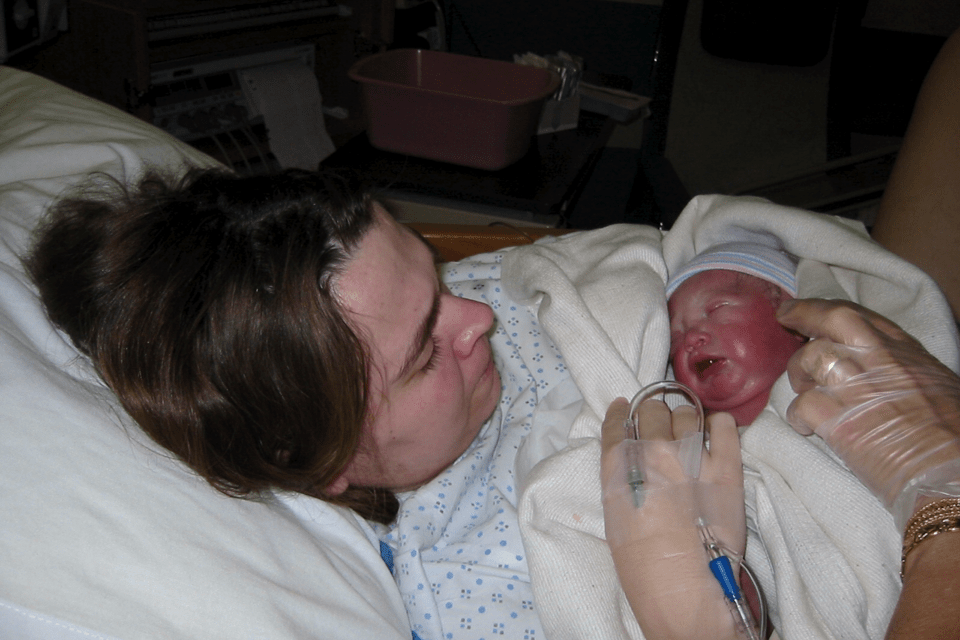Perinatal Anxiety & Depression
Recent research has shown that women who have complications during pregnancy, such as HG, have a greater risk of Perinatal Mood and Anxiety Disorders (PMAD). The longer and more severe her symptoms, the greater her risk. About 1 in 3 mothers with HG will face PMADs which are exacerbated by the psychosocial stress and complications resulting from HG, including prematurity and neurodevelopmental issues in the child(ren). Factors such as hormonal changes also may cause PMADs and should be evaluated and monitored by a health professional for at least the first year postpartum.
Awareness
Every woman with HG should be aware of the symptoms of PMADs and make sure those around her are as well. Self-diagnosis is very difficult. Signs of PMADs should prompt a call to her OB/GYN or primary care practitioner, or a mental health specialist. If an office visit is too difficult, telemedicine options are available for postpartum support and may be covered by medical plans.
Early Intervention
Early intervention for PMADs is important, and safe treatments are available even if a mother is breastfeeding. Research finds a healthy, nutrient dense diet with essential fatty acids and extra vitamins including B vitamins, along with regular exercise to be very effective in treating mood disorders in some people. Women with HG need extra help regaining strength and eating healthy to recover. Some may require medication as well.
Fathers
Fathers often suffer from depression and stress during and after HG pregnancies due to fear of harm to mother and child, feelings of helplessness watching a partner suffer, and the physical and financial strain of pregnancy complications.

Risk Factors for PMADs
PPD Support and Information
- Postpartum Support International
- Postpartum Education for Parents
- Postpartum Depression (Office of Women's Health)
- Dr. Sears on PPD
- Postpartum Stress Center
- Ask your OB for a perinatal mental health professional.
Offsite Research

Symptoms of PMADs
Postpartum Issues After HG
Tian, R., et al., Analysis of pre- and post-pregnancy issues in women with hyperemesis gravidarum, Auton. Neurosci. (2016).

